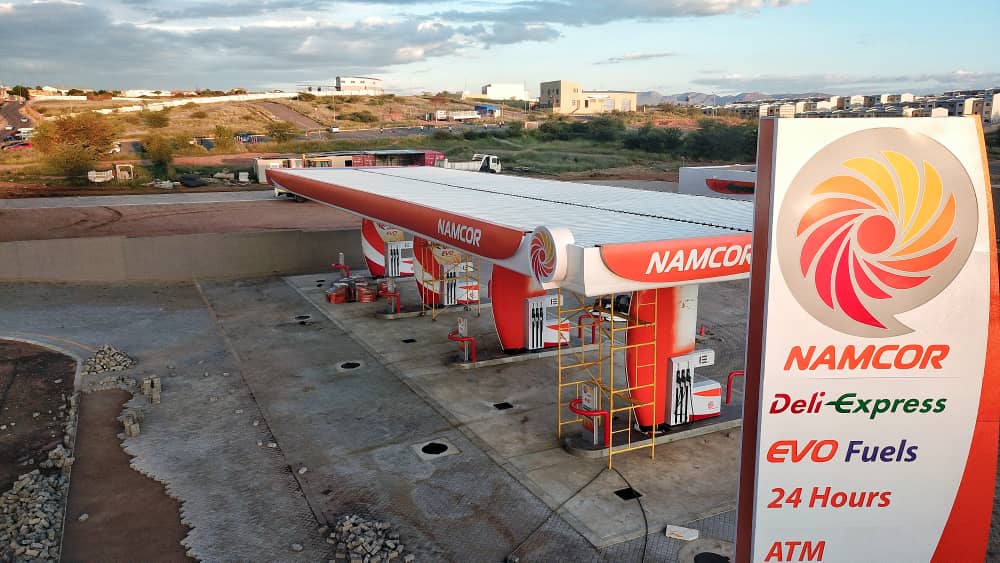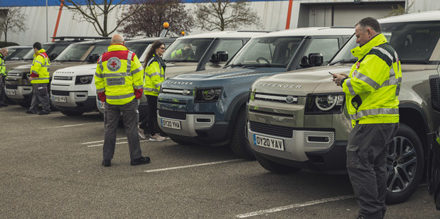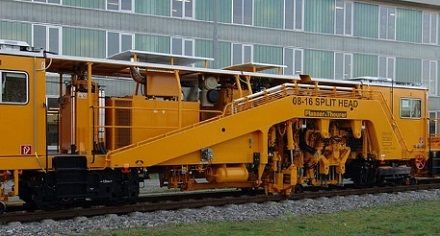
Hiking fuel levies no solution, Tollgates not viable, RFA must find alternatives

By Josef Kefas Sheehama.
The Road Fund Administration (RFA) has envisioned an increase in the fuel levy charged on every litre of fuel sold in the country to meet a N$4.3 billion funding gap for road rehabilitation, upgrades, and maintenance. The Fund said the current levy at N$1.48 on every litre of fuel is insufficient to meet its funding needs and has lagged behind that charged by other countries in the region.
Higher fuel levies are intended to target motorists’ pockets, but unfortunately in most cases, the poor are affected the most. And with OPEC considering an oil cut of about 1.15m barrels per day, Namibians see themselves caught between the devil and the deep sea if the price of crude rises again.
This will greatly inconvenience not only the motoring public but also workers, as this would further increase the cost of transport for the already hard-hit Namibians. If nothing changes, it will seem like a tragedy to lower-income households. In light of the current threat to the nation’s economy, the RFA ruling, if left unchallenged, will not only destabilize the country but also further stifle economic recovery.
Inequality is not only a threat to economic and social rights, it impedes the advancement of all rights. The lower-income car users will be hit hardest by the fuel levy increase as they do not have as much disposable income as higher-income car users. Increasing the fuel levy has a negative impact on a socio-economic deprived society as it is a regressive tax where everyone pays the same.
Furthermore, fuel levy increases will not only affect the prices of fuels consumed by households but also the prices of all other goods because of the impact on the transportation cost of these goods. Fuel pump prices have a direct effect on the cost of living, as fuel drives the prosperity of the economy for any nation and should therefore be readily available and at affordable prices. With the Russia-Ukraine conflict and OPEC considering reducing production, this will further impact the price of crude oil globally, which unavoidably will have a detrimental impact on fuel prices in Namibia.
The plan to increase the fuel levy is not a solution. Additionally, the Road Fund Administration anticipates increased revenues from tollgates. This will translate to between N$500 million to N$750 million per annum, just by tolling 23 sections road network. This does not make business sense and it is not economically viable. This comes amid concerns from a cross-section of the public about the impact of rising fuel costs and other economic variables hurting consumers’ pockets.
The introduction of tollgates is definitely not economically viable, at least not for the users of roads.
Moreover, the RFA Annual Financial Statements for the year ended 31 March 2022 show an increase in revenue to N$2.4 billion of which the RFA pocketed N$1.3 billion in revenue collected from fuel levies. The Directors are remunerated an amount of N$723,754.22 for the year under review. This represents roughly 0.03% of revenue. The employee costs increase from N$92,502,060 to N$96,019,204 in 2022. This means employee costs increased by 3.67% while provision for entertainment increased from N$609,027 to N$782,293 (+N$173,266) for the year under review. Thus employee costs per month amount to N$8,001,600.33 and entrainment N$65,191.08.
The RFA surplus for the year increased to N$172,943,404 from N$88,188,302 (+N$84,755,102). The net cash from operating activities increased to N$637,798,182. This State-owned Enterprise’s total assets increase to N$1,998,454,237 from N$1,819,879,321 as at 31 March 2022 to deliver total equity of N$611,856,753, up from N$438,913,349. In essence, the RFA is solvent and highly liquid. The RFA is already generating enough from us.
Furthermore, most motorists are low-income earners driving Dankie-Botswana vehicles and this will be a tough ride for them as they will be forced to part with even more of their few hard-earned dollars. I believe it will be a good initiative after our economy has stabilized. The RFA is not helping us at all but wants us to get even poorer. We are taxed every month, imagine now we have to pay high fuel levies and tollgate fees. It’s so aggravating to realize that the RFA does not put into consideration how these escalating fees will affect us and make us miserable, – people have cars to pay, mortgages to pay, and school fees to pay.
It is indeed difficult to fathom how Namibia, with a shriveling economy that saw many people retrenched, is a country where the few who are employed earn salaries below the poverty line and where the majority survive in informal sectors. It is easy for the rich to pay these fees. The same applies to government officials who use government cars and so on, paid for by the taxpayers. What about the poor? What about the citizens already scraping by and barely making ends meet? Pay more for diesel, pay more for food, and pay more for this and that.
I think it is better for the RFA to think deeply before making decisions. It will be in the interest of the RFA to look for other alternative methods to strengthen the economic policies of the government and return Namibia to the good solid days instead of calling for higher fuel levies and introducing tollgates.
There is no denying the fact that it is a means of generating funds that can be used to maintain those roads and equally raise the government’s revenue. However, we should know that these times are extremely hard and there is a limit to which people can be pushed to spend non-existent money.
At this juncture, the plan to increase the fuel levies and build tollgates is ill-timed and against the masses of our people. Let the rich stop pushing the poor because the poor are near the wall. Hence, increase in fuel levies and tollgates are generally imposed for the purpose of raising additional net revenue. Taxing people to death can never be the right way to shore up our depleting earnings as a nation.
It is important for the authorities to realise that you can’t give what you don’t have. This is not the time for collecting high fuel levies and building tollgates, – the economy is not doing well and there is a limit to which people can be pushed to spend non-existent money.
We are already poor and we cannot be tormented in this way. My views may be hard and provoke many comments, but we cannot accept something killing us alive. We have no money to pay. The cost of living is skyrocketing.
Instead, the RFA should target foreign trucks and let the status quo for Namibian vehicles continue. I do not support any of the proposals.











































